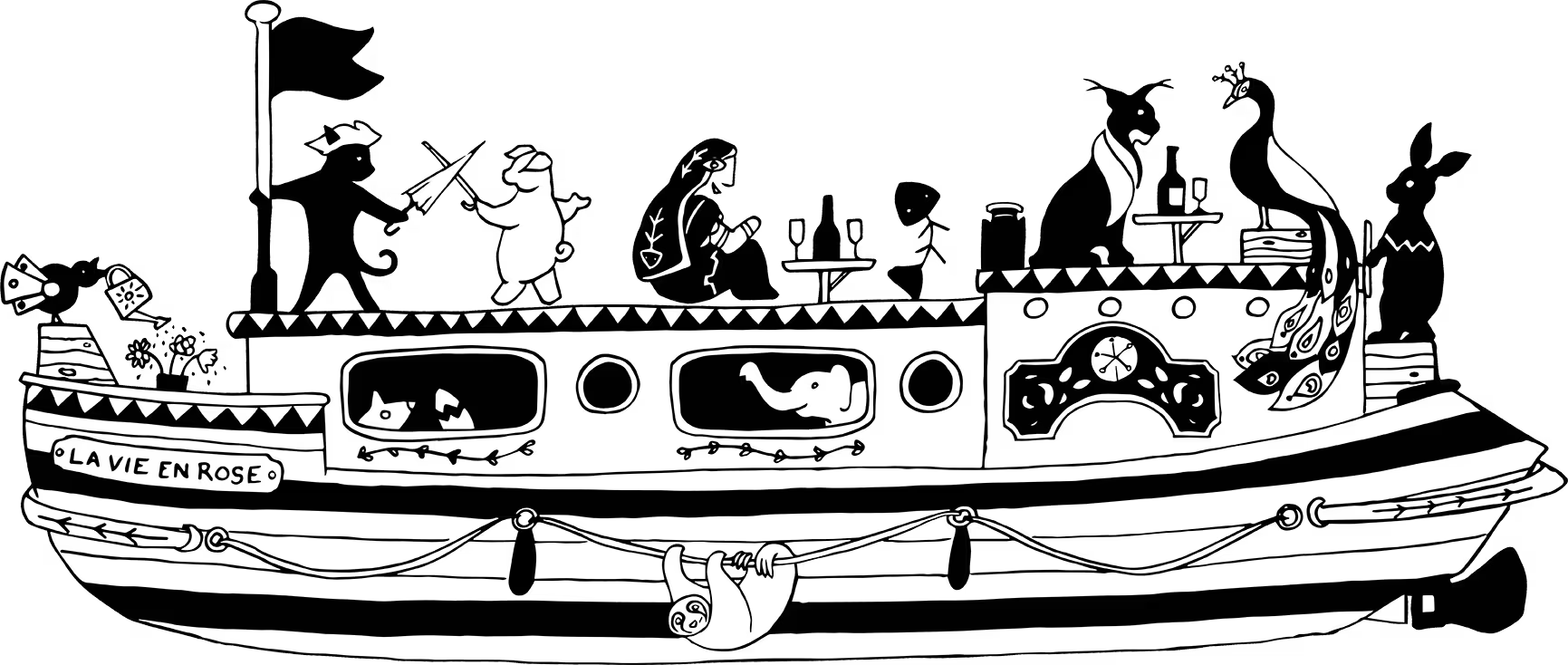Unit
7
•
Lesson 2
Harvest, Harvest, Harvest!
The Harvesting phase is one of the most important ones in a learning process of any kind, and yet in many collective processes it can be dismissed, or done superficially – either due to a lack of knowledge, or time, or even for lack of courage to look back at the process and reflect on how things went.
- Harvesting takes reflection to the next level, in a deeper and more systematic way. It is important to harvest key learnings, thoughts, and impressions at the end of a course, a workshop, a project, a field trip, a lecture, a long-term engagement process, or any other learning experience, as it allows to:
- Crystalise key insights, distilling complex ideas and experiences in few memorable points. This is useful to anchor learning, and to make it easier to recall the insights at a later date;
- Think back to the original goals and expectations, and reflect on what has changed, how, and why, developing awareness about one’s own (and possibly others’) learning process(es);
- Look to the future, and see how the learning and awareness developed can be brought forward, and think of next steps, to nurture future goals, activities, and collaborations (both individual and collective);
- When done collectively, harvesting is also very important to foster meaning and connection among learners, to learn from each other, finding resonance, dissonance, and insights in other people’s shared experiences.
In care-full practice, harvesting is particularly important, because we might find ourselves changed and transformed as a result of the caring process.
In care ethics it is also very important when it comes to developing your responsiveness to how any care given has been received, and in turn, your response-ability to caring with.
How does this sound to you? Are you ready to climb aboard the harvesting barge?




